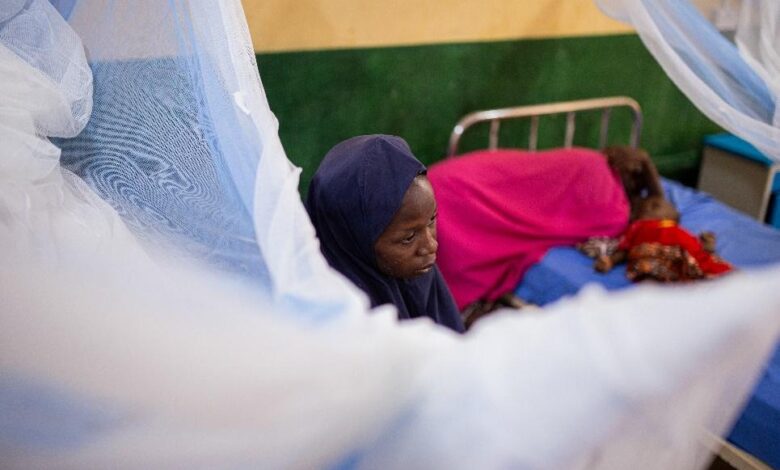Malaria Cases More Prevalent In Conflict-Ridden Regions Of Nigeria – MSF
The international medical humanitarian group says the disease is more prevalent in the country’s conflict-ridden North East and North West, with women and children largely as the victims.

The group said 30 per cent of deaths recorded globally due to malaria happen in Nigeria, a figure that makes it the highest number any one country is responsible for.
Medical coordinator of the humanitarian group for Nigeria, Dr Hubert Kashama, said, “Around 70% of the patients we receive in the MSF-supported hospitals of Shinkafi and Zurmi (northwest Nigeria) are treated for malaria, we keep seeing this disease as the top morbidity every year.”
The humanitarian organisation says it responds to the disease in the North East, North West, and North-central regions with “rapid tests, artemisinin-based combination therapy (ACT) and, in some cases, intravenous antimalarials.”
Through that, MSF has treated at least 250,000 patients from January to November in its various facilities across the country.
The aid group noted that the case is worse in the northwestern and northeastern parts of the country because of limited access to quality healthcare and preventive measures.
The Boko Haram insurgency that has led to the death and displacement of many in the North East contributes to the lack of access to quality healthcare in the region.
Malaria is easy to treat at its early stage, according to the medical nonprofit, but in Zamfara, northwestern Nigeria, most patients come to its supported-facilities only when their conditions have become complicated.
HumAngle has reported how the state and the region have consistently been attacked by terrorists who rape, maim, and kidnap residents for ransom and kill people.
MSF suggested the use of nets as the most effective way of reducing exposure to mosquitoes, which, sadly, many children in Zamfara do not have access to.
Support Our Journalism
There are millions of ordinary people affected by conflict in Africa whose stories are missing in the mainstream media. HumAngle is determined to tell those challenging and under-reported stories, hoping that the people impacted by these conflicts will find the safety and security they deserve.
To ensure that we continue to provide public service coverage, we have a small favour to ask you. We want you to be part of our journalistic endeavour by contributing a token to us.
Your donation will further promote a robust, free, and independent media.
Donate HereStay Closer To The Stories That Matter




